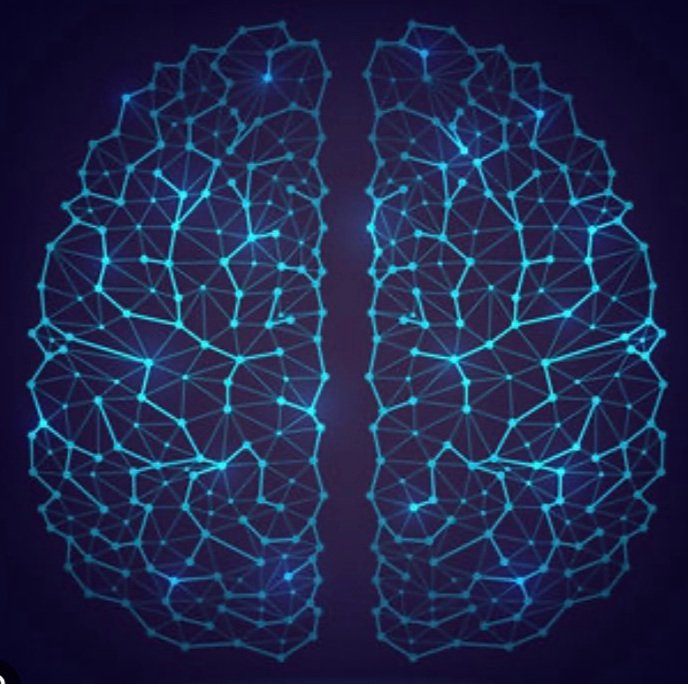Mental Health Specialties
Depression
Some symptoms may include significant lack of pleasure in most activities; feeling sad most of the time; significant weight loss or weight gain; decreased appetite, insomnia or hypersomnia, irritability, fatigue, poor concentration; pessimism or helplessness; suicidal ideations or thoughts of death
Anxiety
Common symptoms are: racing heart, sweating, trembling, chest tightness, shortness of breath, feeling dizzy or nauseous, intense feelings of fear, worry, apprehension, irritability, restlessness, sense of impending doom or danger, racing thoughts, difficulty concentrating, excessive worry or rumination, avoidance of certain situations that trigger anxiety, compulsive behaviors
Self-Esteem
Common signs: difficulty forming or maintaining relationships, fear or failure or embarrassment, feeling unloved, unwanted, or invisible to others, feeling like your opinions, wants, or needs aren’t important, avoiding new experiences or opportunities, negative or highly critical self-talk, comparing yourself to others, feeling sad, anxious, ashamed, depressed, irritable or angry, hyper-focus on the negatives while ignoring valid achievements, difficulty accepting compliments
Women’s Issues
You may struggle with dating, issues in romantic relationships, difficulty being more assertive, sexual concerns, unhealthy eating, self-defeating and self-sabotaging beliefs and actions, self-esteem concerns, negative self-talk, and feelings of being “unworthy” or “not enough”, career and creativity issues, work-life balance, “imposter syndrome”
Peak Performance
Some challenges faced by athletes, artists, entertainers, and entrepreneurs: creative blocks, performance anxiety, self-doubt, and imposter syndrome, comparing yourself to others, handling rejection, financial health, balancing public image, relationship issues, body image issues, the mentality of “suffering for your art”, chronic stress, burnout, depression, anxiety, substance abuse, self-esteem, anger and conflict resolution, adjusting to your surroundings
Grief & Loss
5 Stages of grief: denial, anger, bargaining, depression, acceptance
Some symptoms: intense and or unrelenting emotional pain and sadness, preoccupation with the loss, feelings of hopelessness or emptiness, avoidance of reminders of the loss, detachment and isolation from friends, family, and support networks, difficulty engaging in happy memories of the lost person or time before the loss, lack of desire to pursue previously enjoyed hobbies or activities, a reduced sense of identity
Parenting
Parents may experience feelings of isolation, exhaustion, loneliness, anxiety, and depression; can be physically demanding; experience sleep deprivation; feel overwhelmed, overworked, underappreciated, and resentment; struggle with discipline, patience, guilt, and self-fulfillment; irritable or angry; “at your wits end”
Trauma
Common symptoms: anxiety, fear, and panic attacks, depression and feelings of hopelessness, shock, denial, or disbelief, confusion, difficulty concentrating, mood swings, anger, and irritability, shame, guilt, and self-blame, hypervigilance, or a feeling of always being on edge, feelings of numbness or dissociation, social isolation and relational issues
Vulnerability & Intimacy
You may experience difficulty creating or maintaining close relationships; hesitation or difficulty trusting others; volatile or unstable relationships; trouble sharing or expressing feelings and emotions; issues being sexually close with partners or being sexually insatiable; low self-esteem; avoid physical contact and close relationships; feel unworthy of love

